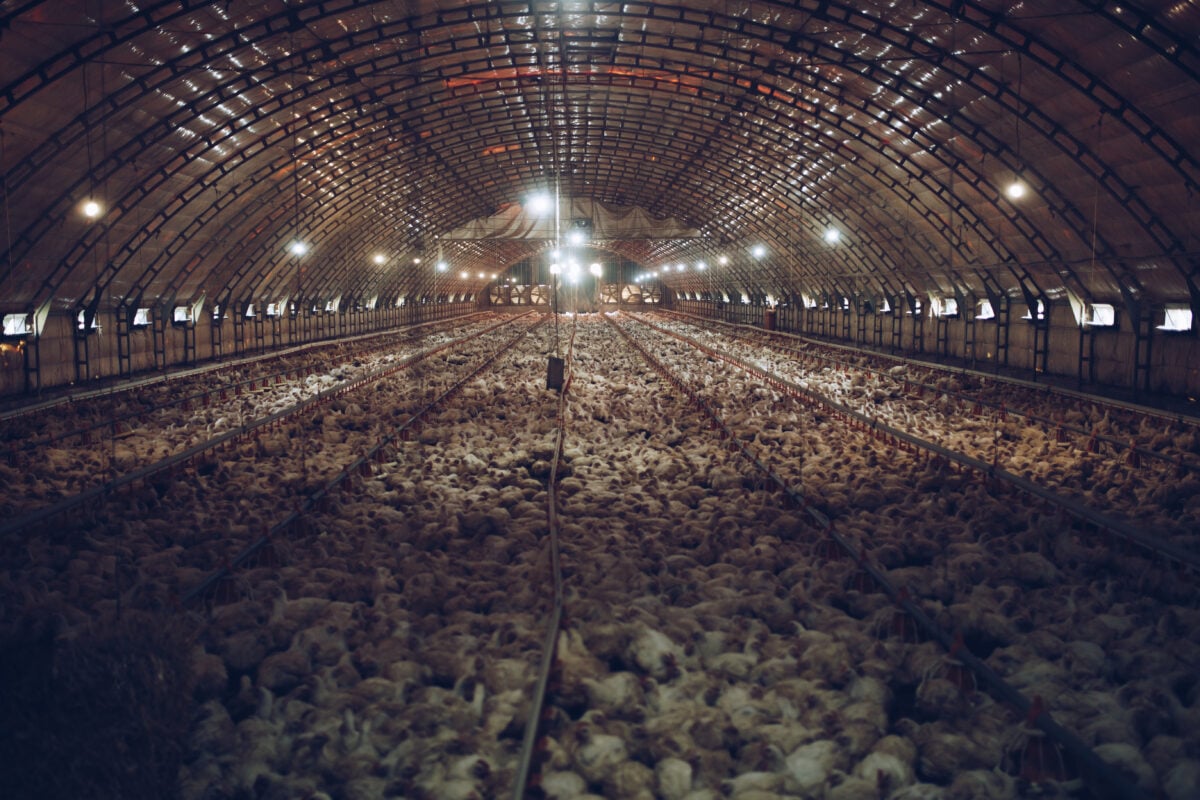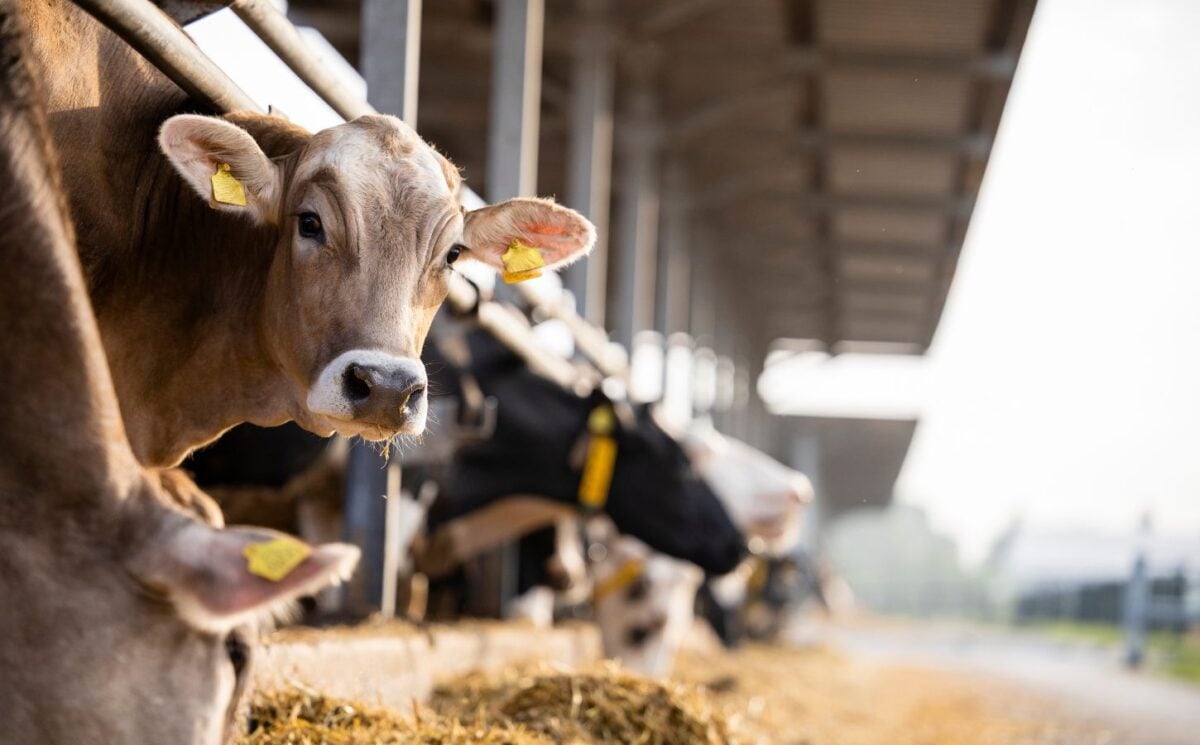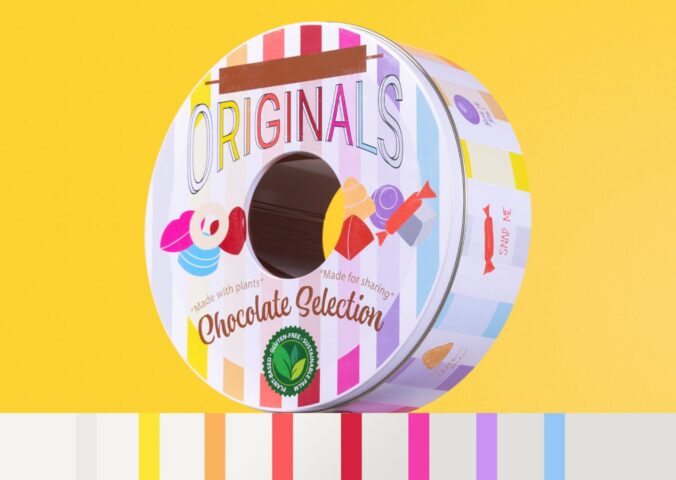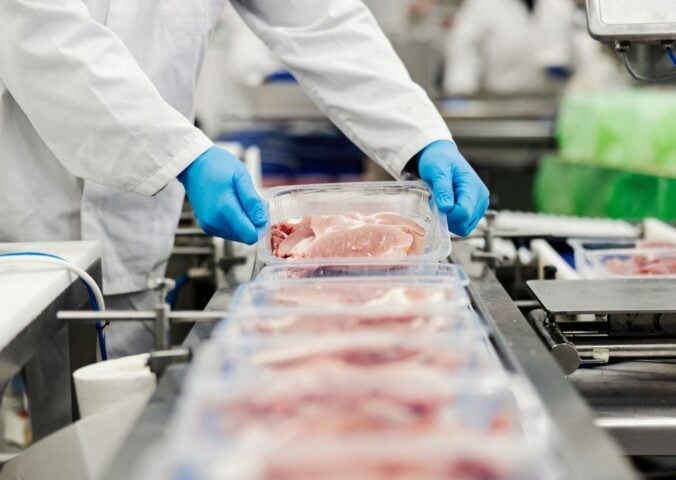EU subsidization provides animal agriculture with four times more money than it gives to the farming of produce and plant-based foods, despite the former’s high impact on the environment.
Read more: 51% Of German Consumers Reduced Their Meat Intake In The Last Year
A new study reports that over 80 percent of the public money invested in farming via Europe’s “common agricultural policy” (CAP) supported animal products, even though countless scientists and industry experts back a shift towards more plant-based foods.
The new study, published earlier this month in the journal Nature, notes that 82 percent of the EU’s agricultural subsidies support (38 percent directly and 44 percent for animal feed) animal-based foods. The same animal-based foods are responsible for the vast majority (84 percent) of EU food production’s embodied greenhouse gas emissions.
These subsidies are provided via various mechanisms, including direct payments to farmers, commodity support for livestock products such as border tariffs, and general support linked to either the production or consumption of animal products, as in school milk schemes.
“The de facto subsidizing of livestock production may lead to animal-rich diets becoming artificially cheap,” note study authors Anniek J. Kortleve, José M. Mogollón, Helen Harwatt, and Paul Behrens, thereby “supporting unsustainable patterns of production and consumption.”
Read more: ‘Groundbreaking’ Vote To Ban Factory Farming To Be Held In US County
EU animal agriculture: subsidization and artificially lowered prices

Industrialized animal agriculture – including its negative impact on the environment, human health, and animals themselves – has arguably produced both the modern demand for incongruously cheap meat and the industry’s current dependence on subsidization.
A kilogram of chicken cost 39p per kilogram in 1967, and, accounting for inflation should cost nearly £9 today. Instead, you can purchase a “small” chicken – around 1.1 kg – from Sainsbury’s for just £2.70. An “extra-large” Waitrose chicken (2.3 kg) costs £6.79.
Intensive chicken production has a particularly devastating impact on water quality and environmental degradation, in addition to its contributions to the climate crisis. Countless poultry farms have also been subject to repeated investigations of animal cruelty in recent years, many of which revealed shocking living conditions and animal abuse.
“The CAP holds the potential to steer the food system towards addressing environmental issues including climate change, biodiversity loss, disturbed nitrogen and phosphorus cycles, water and land degradation,” say Kortleve, Mogollón, Harwatt, and Behrens.
Read more: Think Free-Range Eggs Are Ethical? Investigation Exposes Reality Of ‘Cage-Free’
‘Perverse outcomes for food transition’
The CAP was established in 1962 as a “partnership between agriculture and society,” and it currently receives approximately one-third of the entire EU budget. However, it has repeatedly failed to make farming more climate-friendly despite plans to make Europe the first climate-neutral continent by 2050, leading to widespread criticism of the scheme.
The more land a farm occupies, the higher its rate of subsidization, and because animal agriculture is so resource-intensive and inefficient, livestock farms get more support. (Globally, animal agriculture occupies 83 percent of all farming land despite providing just 18 percent of the world’s calories.)
“Although the CAP does not designate animal-based commodities as desirable, by disproportionally supporting livestock farming, especially when accounting for animal feed subsidies, the CAP presents an economic disincentive for transitions towards more sustainable plant-based foods,” add Kortleve, Mogollón, Harwatt, and Behrens. This results in what the study authors call “perverse outcomes for food transition.”
Back in 2021, the WWF European Policy Office’s Senior Policy Officer for Agriculture Jabier Ruiz commented that the EU needs “A CAP that is compatible with the aims of the European Green Deal, helping farmers adapt to the adverse effects of climate change and address agriculture’s impact on the environment.”






